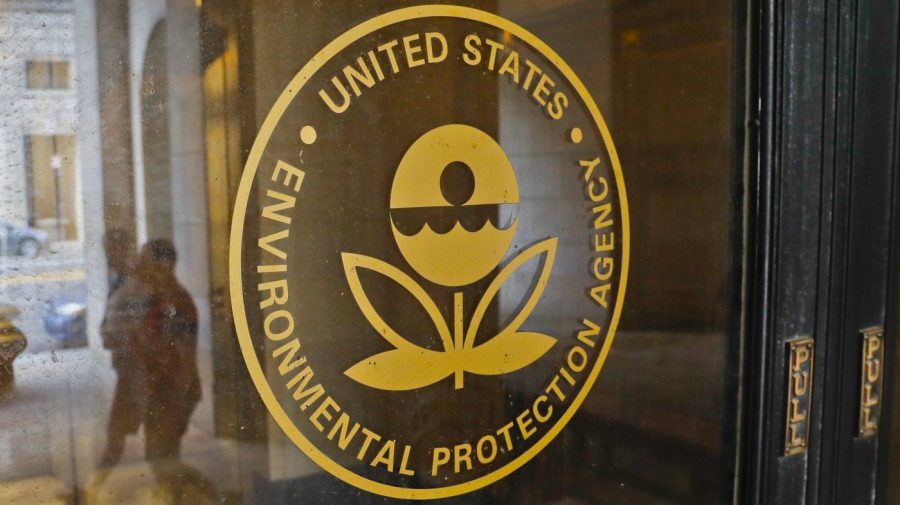
The Environmental Protection Agency (EPA) has approved a pilot project that would allow a company to build a small road made out of a radioactive fertilizer byproduct — drawing environmentalist ire.
The Biden administration’s approval allows Mosaic Fertilizer, LLC to construct a road made of phosphogypsum on its property in New Wales, Fla.
Phosphogypsum contains radium, which decays to form radon gas, both of which are radioactive and can cause cancer, according to the agency.
In the past, the agency has raised concerns about the use of this material in road building. It said in 1992 that use of phosphogypsum in road construction created risks for both construction workers and also anyone who later builds a home where the phosphogypsum road had once been.
The agency now says that members of the public are not expected to come into contact with the road.
However, Mosaic, which will build the road, has described the effort as part of a pilot project that will “demonstrate the range of … road construction designs.” It’s not clear if additional road construction will follow — though doing so would likely require further approvals.
Ragan Whitlock, an attorney with the Center for Biological Diversity, said in a written statement that the EPA’s decision was “mind-boggling.”
“That dramatically increases the potential for harm to our road crews and water quality,” Whitlock, said. “The EPA has bowed to political pressure from the phosphate industry and paved the way for this dangerous waste to be used in roads all over the country.”
In 2020, under the Trump administration, the EPA approved the use of phosphogypsum in government road construction.
That approval was withdrawn under the Biden administration, which described it as a broad, generalized request.” It’s not clear whether the incoming Trump administration will seek to reinstate it.
Typically, phosphogypsum is held in “stacks” as part of an attempt to limit public exposure, though this approach has also spurred environmental concerns — particularly in states like Florida that are prone to storms.
In approving the road plan, the EPA said that it was “as protective of human health as placement in a stack.”












